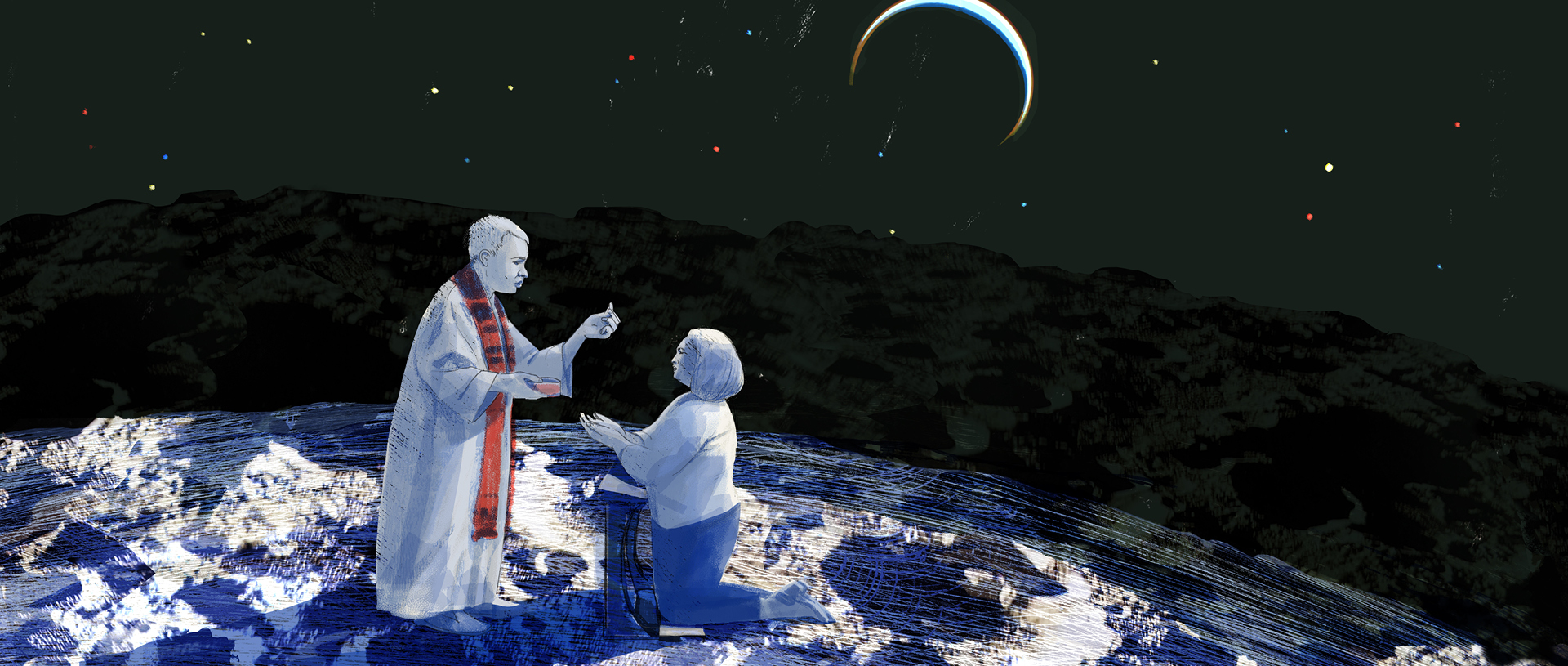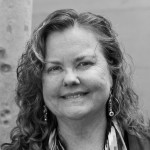
This Theology section for FULLER magazine was completed just as the global pandemic began to change the ways we relate to the places where we work and live. Yet the topic of “place” continues to be timely.
“To be human is to be placed.”1 In our urbanizing, globalizing, and digital world, connection in virtual spaces has increasingly taken precedence over connections in specific geographic locations. Yet the biblical narrative, like much of our lives, happens in concrete locations. Jesus came to us as a human being in a specific time and place. In a world becoming more virtual, including the necessity of online learning, the places we inhabit as we engage online are increasingly significant. Not attending to place actually increases the sense of placelessness in our lives and in our world. Further, failing to acknowledge the ways that places carry power increases the potential for injustice to manifest itself.
In this collection of articles, various contributors explore these realities. Cindy Lee ponders sacred places as she wanders city streets. Sheila Muchemi, recently returned to Kenya after PhD work in the US, reflects on returning home after being away. Wilmer Villacorta reminds us that while we are placed in locales, we are also rooted in the presence of God. An interview with Eric Jacobsen examines the role of the built environment in our world. David Leong writes about his family establishing roots and sharing life in their diverse Rainier Valley neighborhood in Seattle. Alongside her original artwork, Shannon Sigler reflects on how artists harness the power of “looking around” to enhance their sense of place. I write on the ways places have formed me, and how our formation personally and communally into God’s people does not take place in the abstract but in concrete locations. Where we live matters.
Two years ago, Fuller decided to move to Pomona. We would have been formed in new ways in Pomona. Now we are staying in Pasadena. What impact will remaining in place have for Fuller? How will we engage this place where we were established over 70 years ago, even as learning continues its march toward online expressions? How are each of us attending to and engaging in the places where we live, now as many of us find ourselves working from home and walking in our own neighborhoods? There is much we don’t know yet about the impact this pandemic will have, but it will alter how we relate to the places where we live, work, and worship.
Jude Tiersma Watson has lived and worked in the MacArthur Park neighborhood of central Los Angeles for 30 years as a member of InnerCHANGE, a Christian Order Among the Poor. The neighborhood and ministry have changed over the years, but one thing remains: God’s desire for us to live lives of worship and joy as we share life with our neighbors. She is an associate professor of urban mission in the School of Intercultural Studies. A key interest for her is the impact of the urban context on our spiritual formation. Jude and her husband recently moved to Pomona, California.
“My social location as I write this piece is as an educated, privileged immigrant of Dutch descent, struggling to listen to, learn from, and be changed by stories and places that are not my own.”
—Jude Tiersma Watson
This Theology section for FULLER magazine was completed just as the global pandemic began to change the ways we relate to the places where we work and live. Yet the topic of “place” continues to be timely.
“To be human is to be placed.”1 In our urbanizing, globalizing, and digital world, connection in virtual spaces has increasingly taken precedence over connections in specific geographic locations. Yet the biblical narrative, like much of our lives, happens in concrete locations. Jesus came to us as a human being in a specific time and place. In a world becoming more virtual, including the necessity of online learning, the places we inhabit as we engage online are increasingly significant. Not attending to place actually increases the sense of placelessness in our lives and in our world. Further, failing to acknowledge the ways that places carry power increases the potential for injustice to manifest itself.
In this collection of articles, various contributors explore these realities. Cindy Lee ponders sacred places as she wanders city streets. Sheila Muchemi, recently returned to Kenya after PhD work in the US, reflects on returning home after being away. Wilmer Villacorta reminds us that while we are placed in locales, we are also rooted in the presence of God. An interview with Eric Jacobsen examines the role of the built environment in our world. David Leong writes about his family establishing roots and sharing life in their diverse Rainier Valley neighborhood in Seattle. Alongside her original artwork, Shannon Sigler reflects on how artists harness the power of “looking around” to enhance their sense of place. I write on the ways places have formed me, and how our formation personally and communally into God’s people does not take place in the abstract but in concrete locations. Where we live matters.
Two years ago, Fuller decided to move to Pomona. We would have been formed in new ways in Pomona. Now we are staying in Pasadena. What impact will remaining in place have for Fuller? How will we engage this place where we were established over 70 years ago, even as learning continues its march toward online expressions? How are each of us attending to and engaging in the places where we live, now as many of us find ourselves working from home and walking in our own neighborhoods? There is much we don’t know yet about the impact this pandemic will have, but it will alter how we relate to the places where we live, work, and worship.

Jude Tiersma Watson has lived and worked in the MacArthur Park neighborhood of central Los Angeles for 30 years as a member of InnerCHANGE, a Christian Order Among the Poor. The neighborhood and ministry have changed over the years, but one thing remains: God’s desire for us to live lives of worship and joy as we share life with our neighbors. She is an associate professor of urban mission in the School of Intercultural Studies. A key interest for her is the impact of the urban context on our spiritual formation. Jude and her husband recently moved to Pomona, California.
“My social location as I write this piece is as an educated, privileged immigrant of Dutch descent, struggling to listen to, learn from, and be changed by stories and places that are not my own.”
—Jude Tiersma Watson
Jude Tiersma Watson, associate professor of urban mission, shares her own story of migration and describes how we are formed both by place and by the journey between places.